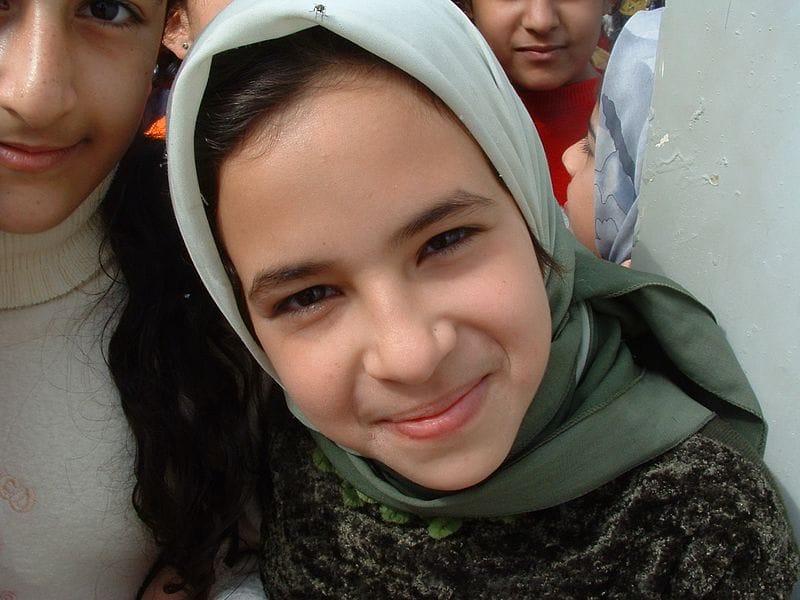Post-Diwali air still polluted
There was a slight dip in the air pollution levels during the Diwali days (from November 12th to November 14th) this time compared to last year, according to the Karnataka State Pollution Control Board (KSPCB).
The average Air Quality Index (AQI) in the KSPCB station of Jayanagar on the first day was 214, a decline from 254 last year. On the second day, it was 248 (poor category), still better than 312 (very poor category) in 2022. The average AQI for the three days was 234, against last year’s 257.
The uptick was issued for 39 stations, including 11 in the city. Three stations recorded ‘poor’ air quality, with Jayanagar at the top of the list with an AQI of 234, followed by Silk Board at 224 and Kavika at 212. A KSPCB official said more awareness about crackers was needed to further cut pollution. While green crackers have marginally reduced pollution, increased monitoring is needed, as emissions caused by firecrackers burst during Deepavali celebrations. Air quality in areas such as Hebbal, Kasturi Nagar and others were moderate, having AQIs recorded between 101 and 200.
Most parts of the city suffered noise pollution at higher levels than the average. Sarjapur topped the list, though the noise levels improved slightly from last year’s 86.2 to 84.6 decibels. It was followed by Anekal (80.8), Yelahanka (80.5), Mahadevapura (72.8), Indiranagar (72.1), Peenya (69.8) and Jayanagar (69.2).
More than 70 cases of eye injuries due to firecrackers were also reported from across hospitals.
Source: The Hindu, Deccan Herald, Indian Express
Read more: Bengaluru citizens rise up, partner with govt to raise awareness on green crackers for Deepavali
Climate Action Plan to make city carbon neutral
The city will draw up the the first Climate Action Plan (CAP), which will become a blueprint for it to become carbon neutral by 2050. The plan was finalised on November 15th, at a meeting chaired by Deputy Chief Minister DK Shivakumar. Bengaluru is the co-lead of the Global Air Quality Network for the C40 Cities global network, with 100 mayors from the world’s leading cities.
About 269 actions are being drafted to reduce the impact of climate change in the city, of which the Bruhat Bengaluru Mahanagara Palike (BBMP) will be responsible for 143. The actions were drawn up by the World Resource Institute (WRI), a global consultant, across seven sectors.
The Bengaluru Climate Action Plan aims to reduce Greenhouse Gas (GHG) emissions and strengthen resilience.
Source: Deccan Herald, The Hindu
Flaws in BBMP’s roadworks
Serious lapses have been noticed in road projects taken up by the BBMP during the BJP’s tenure, according to a report on roadworks by a special investigation team (SIT) chaired by Amlan Aditya Biswas, who is also the regional commissioner. The lapses include violation of the Karnataka Transparency in Public Procurement Act (KTPP), database issues and poor quality of work. Many bills have been cleared without approval from investigators.
The SIT has completed a tabletop verification exercise of 58 of the 73 packages. In the next round, it will physically verify the work and submit the interim report by November-end. As part of the probe, the team has sought details of contractors and engineers.
Three other SITs probing departments, such as ward works, storm water drains and solid waste management divisions have made tardy progress.
Source: Deccan Herald
Yes to hijabs – with rider – for job exams
A new dress code for those answering recruitment exams in November has been issued by the Karnataka Examination Authority (KEA). Earlier, it had banned head coverings in an exam hall. While the prohibition on head coverings will not prevent hijabs, as permitted earlier by the KEA, applicants will have to arrive at their exam centres an hour earlier in order to be frisked, said officials.

The dress code for exams to be conducted from November 18th to November 25th, for recruitment in state-run boards and corporations, was specified in KEA’s November 9th notification. It was issued to prevent the use of Bluetooth devices in the halls. Caps or clothing covering the head and clothing or material covering the mouth, ears and head are prohibited. Women cannot wear any ornaments except for mangalsutras and toe rings.
Officials said that candidates will be subjected to inspection to ensure a free and fair examination process.
Source: Indian Express, The Times of India
Call for wildlife forensic lab
Senior forest officials call for establishing a wildlife forensic laboratory in the city. This is in response to the delay in the forensic analysis report of the wildlife artefacts that were recovered after raids on the houses of celebrities recently. With a lab in Bengaluru, the authenticity of the artefacts can be checked immediately to book the violators.
Artefacts are usually sent to the Dehradun-based Wildlife Institute of India (WII) to ascertain their authenticity. The Forensic Science Laboratory here does not have the expertise in wildlife forensic analysis, but for preliminary investigation, the officials are competent enough, according to a source.
Action against violators is usually taken under the Wildlife Protection Act, 1972.
Source: Indian Express
[Compiled by Revathi Siva Kumar]